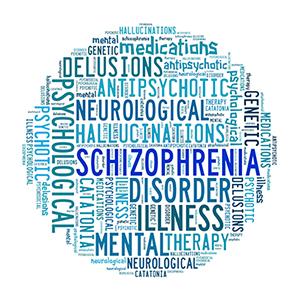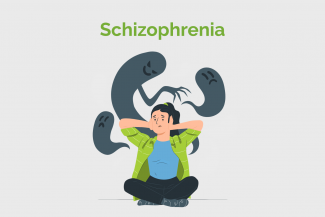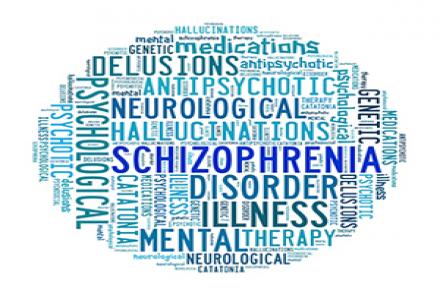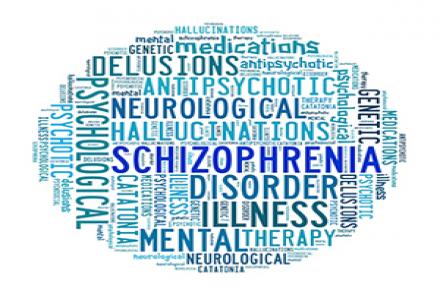Schizophrenia affects approximately 1% of the world population and has a ubiquitous distribution. Schizophrenia cuts across boundaries of gender, socioeconomic class, race, caste, creed and geographic location. This implies that anybody can be affected by schizophrenia.
It is considered as the “greatest disabler of youth” as it most commonly affects persons in the productive period of their life between 15 and 35 years of age. The World Health Organization (WHO) has identified schizophrenia as one of the ten most disabling disorders affecting all human beings.

The symptoms of Schizophrenia progress slowly. There are broadly two stages in terms of the progression of Schizophrenia:
- Prodrome Stage
- Acute Stage
Prodrome Stage
In the very beginning there are some “Behavioral changes” which can pass for normal variations in daily life. It is very difficult to state that at this stage they clearly indicate a disorder. These changes are not just a set of particular symptoms but a definite variation in the routine behavior of the individual. This stage is called the prodrome. In this stage “Things are not quite right” or “ he/she is not the same person”.
The symptoms that appear in this stage are nonspecific and vague. They are:
- Reduced attention and concentration ( difficulty in filtering out distracting information and sensations)
- Reduced interest and motivation
- Confusion (about what is real and what is not real)
- Depressed mood
- Sleep disturbances
- Anxiety/Fear
- Social withdrawal ( feel more disconnected and prefer being alone)
- Suspiciousness
- Deterioration in role functioning
- Irritability
Acute Stage
This is followed by the acute phase when clear psychotic symptoms of schizophrenia appear :
- Delusions
- Hallucinations
Community
Condition









